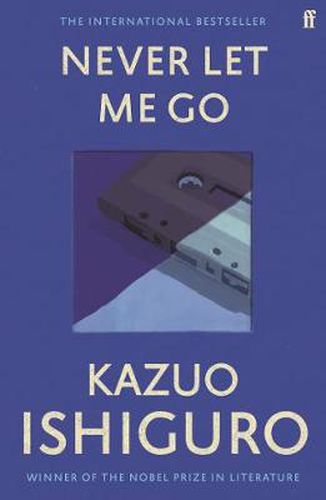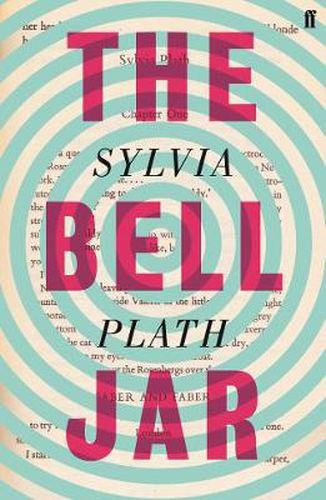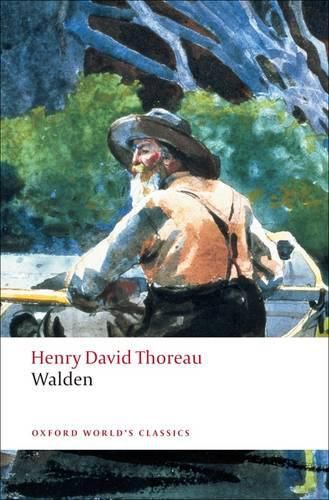Teen Advisory Board member David Dodson has been reflecting on coming-of-age stories and how they relate to the world young adults are facing right now.
More than 18 months since the start of the fiery, plague-ridden, nightmare-scape otherwise known as the global pandemic, I think we can all agree that the last few years have been pretty transformative. It’s been a challenging time for many people, although especially for younger Australians, whose rites of passage have been rudely interrupted by the apocalyptic upheaval of five lockdowns. We’ve had to grow up fast, learning to accept the great uncertainty of modern life, an uncertainty which has only been amplified by the confusion of self-discovery. In such unpredictable times, books have proved a reliable constant, a comforting dose of the familiar, offering solace and escapism and the promise of something more, a future free from COVID-19.
Although current circumstances in Melbourne and Sydney appear rather depressing, I think that the secret to resilience can be discovered within books, often in conditions that have nothing to do with an epidemiological crisis. In settings ranging from the remote forests of 19th Century Massachusetts to a darkly skewed version of contemporary Britain, the novels below highlight not only what it means to be young, but what it takes to overcome hardship, to come of age, and truly thrive in challenging times.
Never Let Me Go by Kazuo Ishiguro
One day, maybe not so long from now, you’ll get to know how it feels.
Kazuo Ishiguro’s bestseller is reminiscent of Black Mirror, taking our modern world and altering it slightly, producing a series of characters who ostensibly appear human, but feel slightly different. Ishiguro dramatises Kathy’s coming of age, stretching from her childhood at the seemingly idyllic Hailsham School to her blossoming romance with Tommy, and finally, the tragic fate which has always awaited her. This novel is partly a gripping mystery, partly a love story, but above all, a rumination on accepting the inevitable, and learning to live in the moments we have. I feel that Kathy’s struggles really put our own into perspective.
The Perks of Being a Wallflower by Steven Chbosky
And in that moment, I swear we were infinite.
Steven Chbosky’s cult classic is perhaps the definitive coming-of-age novel. Though it’s been several years since I first read it, I can definitely remember multiple breakdowns ensuing from a novel whose sheer emotional power is difficult to express. The story is narrated by Charlie, a so-called wallflower, introverted and timorous, as he attempts to overcome the traumatic suicide of his best friend. Chbosky touches on themes universal to the teenage experience, deftly exploring LGBT and mental health issues in a way that continues to feel fresh and current.
Though most of the novel’s iconic images – the frenzied parties and cinematic car rides across Fort Pitt Bridge – are sadly unobtainable in our current lockdown, Chbosky’s novel is a heartwarming reminder of what remains to be experienced.
The Bell Jar by Sylvia Plath
I took a deep breath and listened to the old brag of my heart. I am, I am, I am.
There’s an energy in Sylvia Plath’s only novel that is almost indescribable: nervous and sultry, yet deeply intense, acerbic and electrifying, yet tragically despondent. Plath brilliantly captures the heady confusion of her protagonist, Esther Greenwood, a neurotic college student whose struggles with depression and hypomania mirror her own. Though the subject matter of Plath’s novel can appear distressing – Esther’s suicide attempts, her inability to feel fulfilled in “the big city”, are highly confronting – her overall message is one of resilience.It is only through articulating her struggles that Esther is able to regain her sanity, and whilst Plath’s own story ends tragically, there’s a sense of hope, of crackling electricity, that infects these pages.
Walden by Henry David Thoreau
I went to the woods because I wished to live deliberately…
So begins the famous mantra of Henry David Thoreau’s masterpiece, a reflection on surviving in simple surroundings, both a declaration of independence and a manual for self-reliance. With a scientific level of precision, Thoreau recounts the details of his two-year escapade within the forests of Concord, Massachusetts, where he built his own cabin and lived off the land. Thoreau’s preoccupation with tedious details – such as instructions on how to cook obscure plants and unnerving recollections of times and dates – would ordinarily appear pedantic, but are here rendered charming, celebrating the minutiae we normally overlook.
In times of isolation and lockdown, perhaps we can take a proverbial leaf from Thoreau’s memoir, learning to value the simple things, to celebrate what we take for granted, and remember how comparatively fortunate we are.





